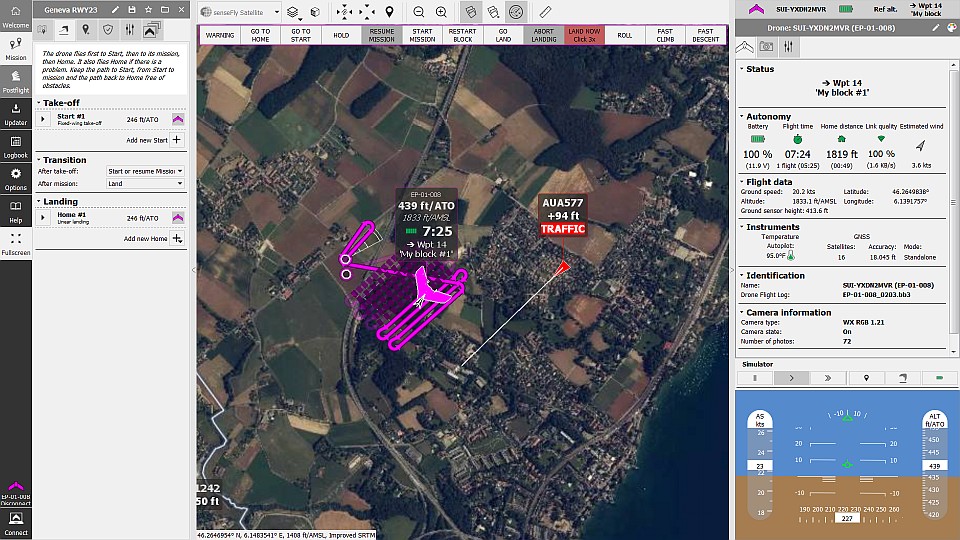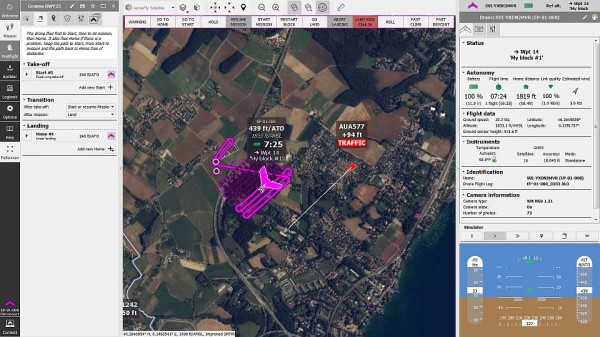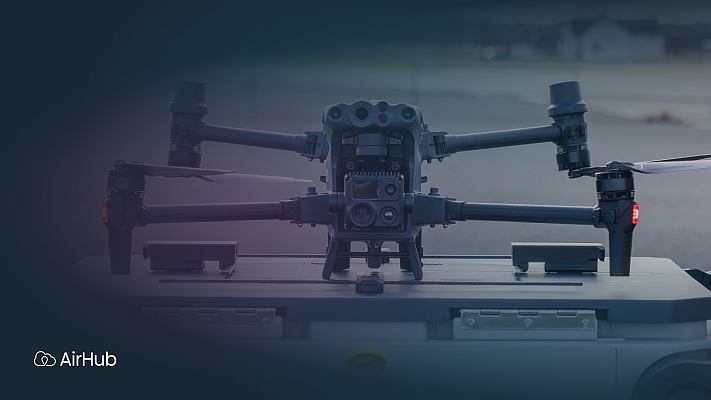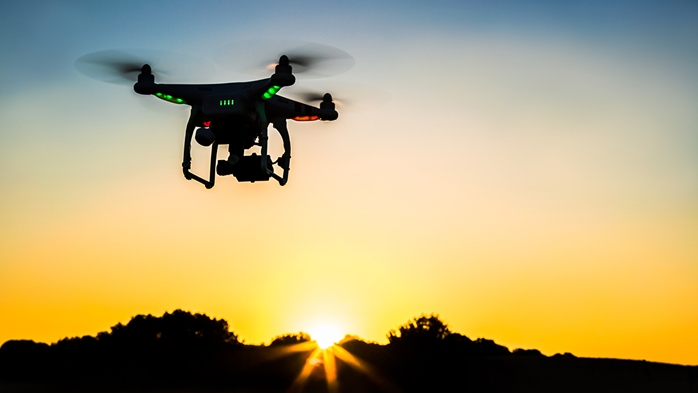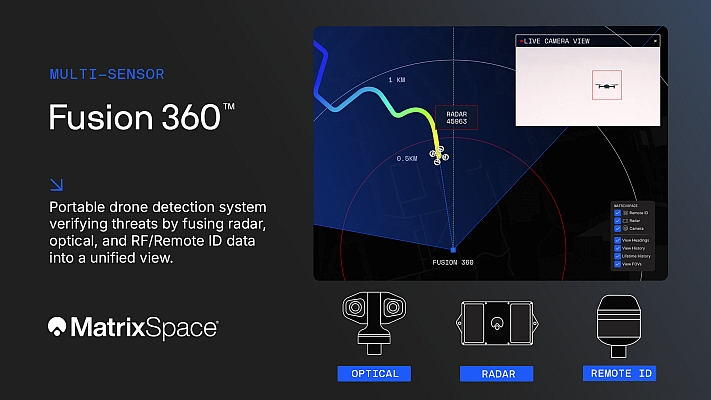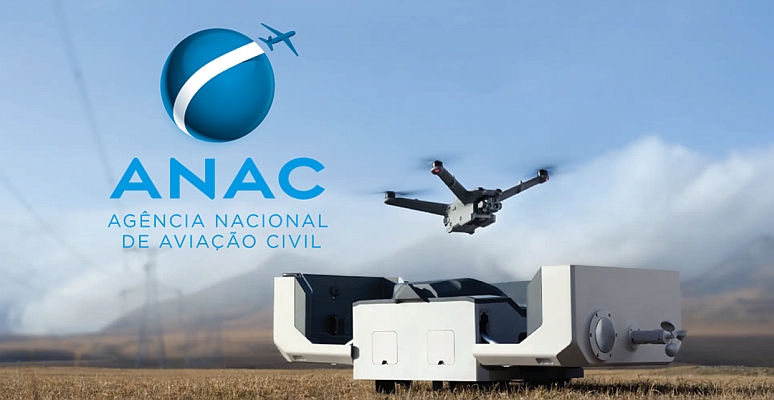eMotion 3.5 includes a raft of new features and functionality, all designed to make the working lives, and workflows, of geospatial professionals simpler and more efficient.
“eMotion is the most highly-regarded and powerful software of its kind in the professional drone space,” said Alexis Roze, senseFly’s eMotion Product Owner. “These exciting additions further distance eMotion from the pack, bringing many more commercial UAV operators across the world the exact functionality they need to collect accurate geospatial data as easily and efficiently as possible.”
eMotion 3.5 adds:
1. Beta-level language support for Simplified Chinese and Spanish
Operators can operate eMotion 3.5 in either of these languages simply by choosing their preference within eMotion’s Options/Local preferences panel.
2. Agisoft PhotoScan integration
With eMotion 3.5, senseFly operators can transform the georeferenced imagery of any senseFly RGB camera into an automatically-generated project (in .jxl format). This enables the simple, one-click import of drone imagery into Agisoft PhotoScan photogrammetry software without the need for manual project creation and organisation of images. Crucially, eMotion’s Agisoft projects also include geotag precision data; essential for RTK/PPK flights that generate results with high absolute accuracy.
3. Smart mission resume
eMotion 3.5 further improves the efficiency of multi-flight senseFly missions. The software is now capable of resuming a multi-flight mapping mission—for example after a battery change—at the exact position the mission previously reached. The result is zero duplication of flight lines and image captures; simply a seamless continuation of the user’s mission.
4. Live air traffic data
eMotion 3.5 now supports uAvionix’s PingUSB ADS-B*/UAT receiver, allowing senseFly operators to view live air traffic data during their missions: simply launch eMotion 3.5, connect your uAvionix PingUSB (available for purchase from senseFly) to your ground station PC, and click eMotion’s Air Traffic icon. This live data feed both helps improve airspace awareness and could potentially boost the number of mission types possible, such as projects taking place in congested airspaces like airports, longer-range BVLOS operations and so on.
* ADS-B data transmission is mandatory for airliners and standard-sized aircraft, plus many small aircraft also being equipped with this technology. For example, in the US, the FAA will require ADS-B to be installed in any aircraft wishing to fly in controlled airspaces (such as airports).


